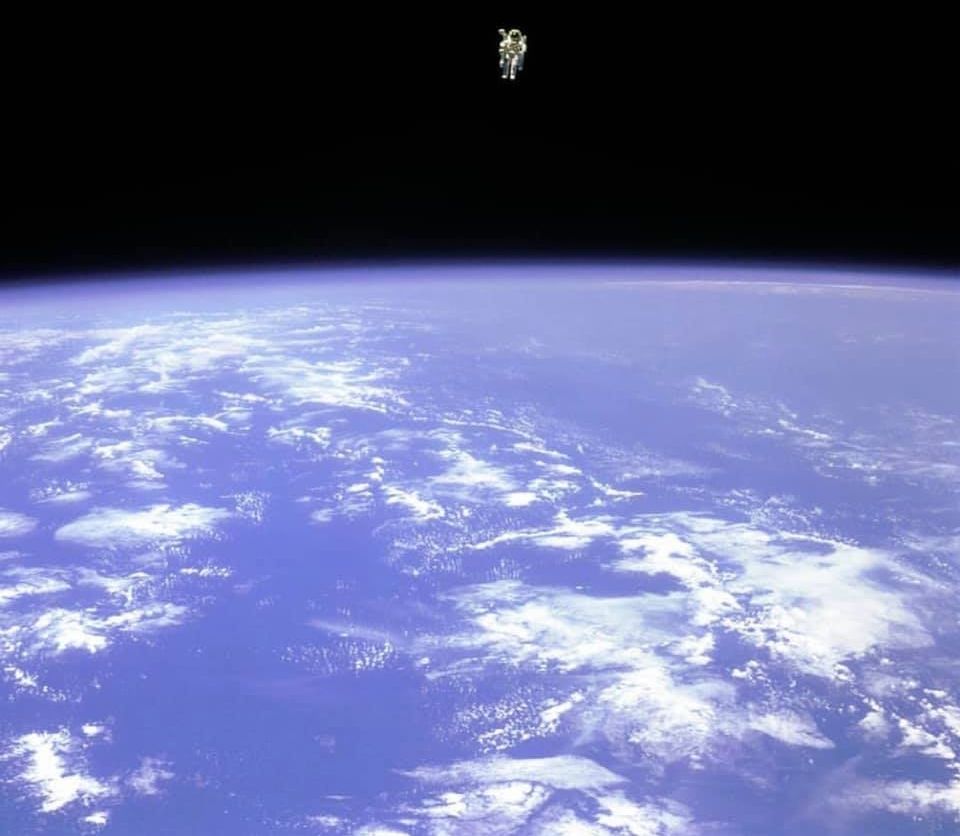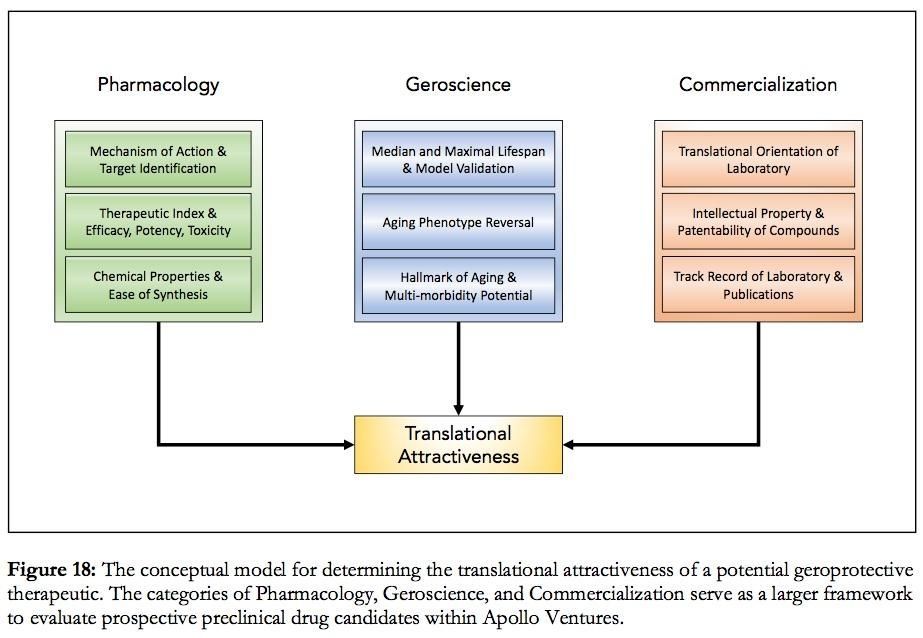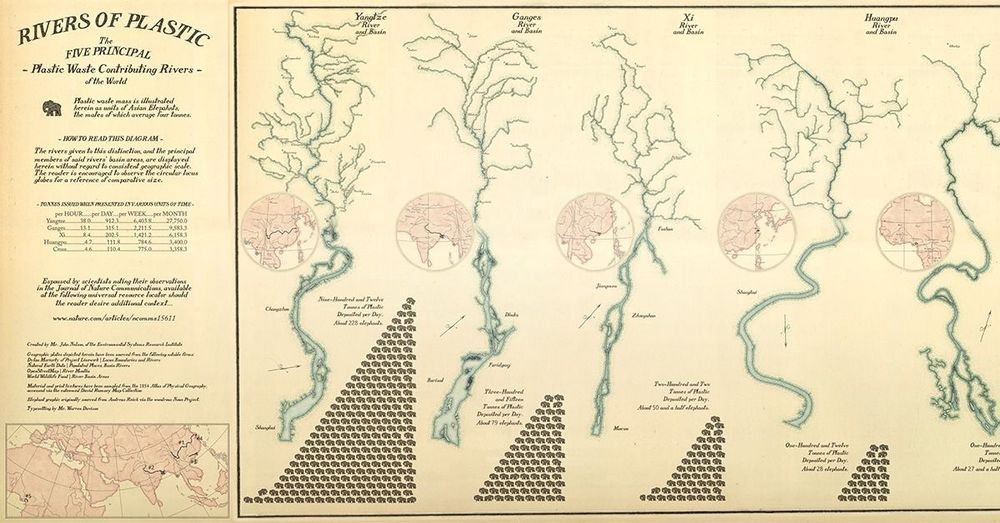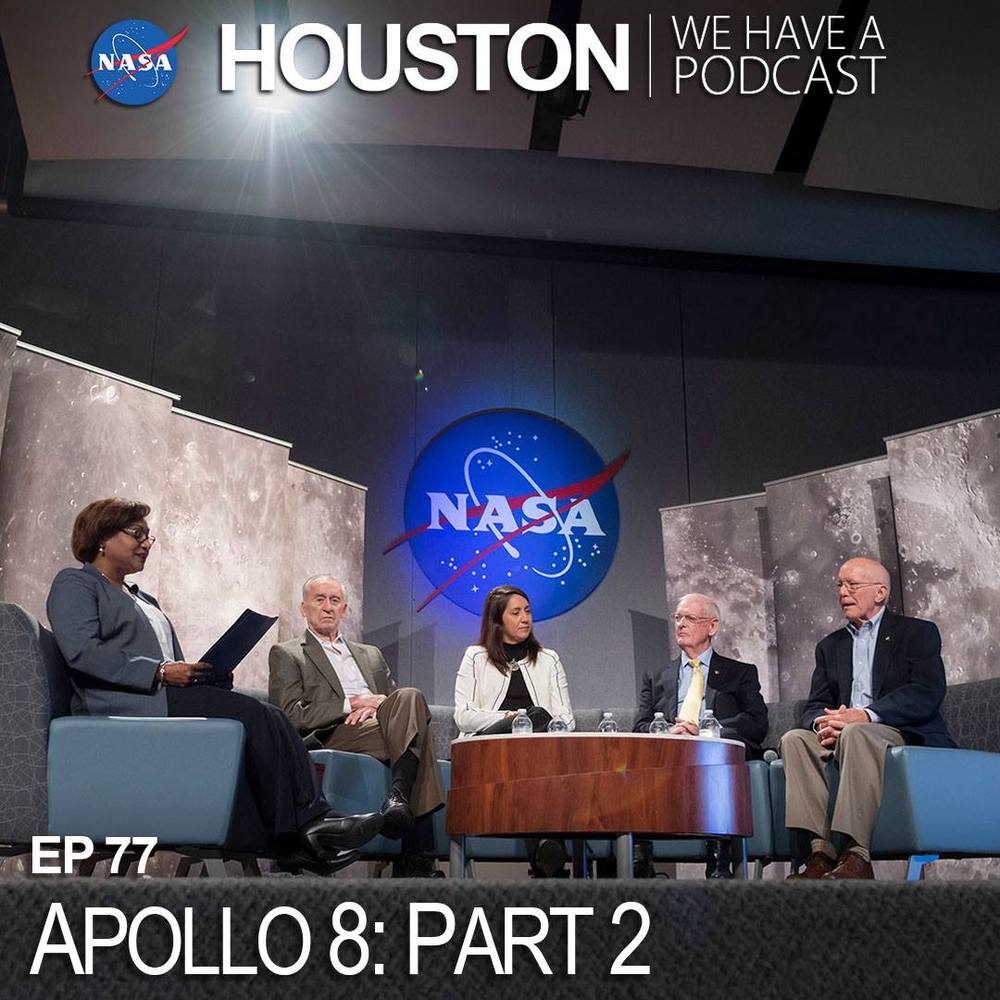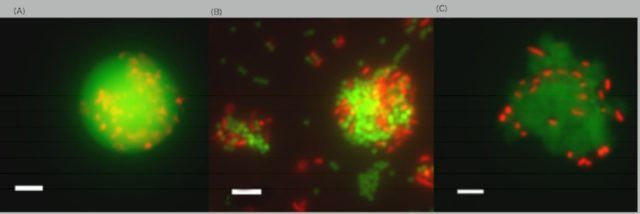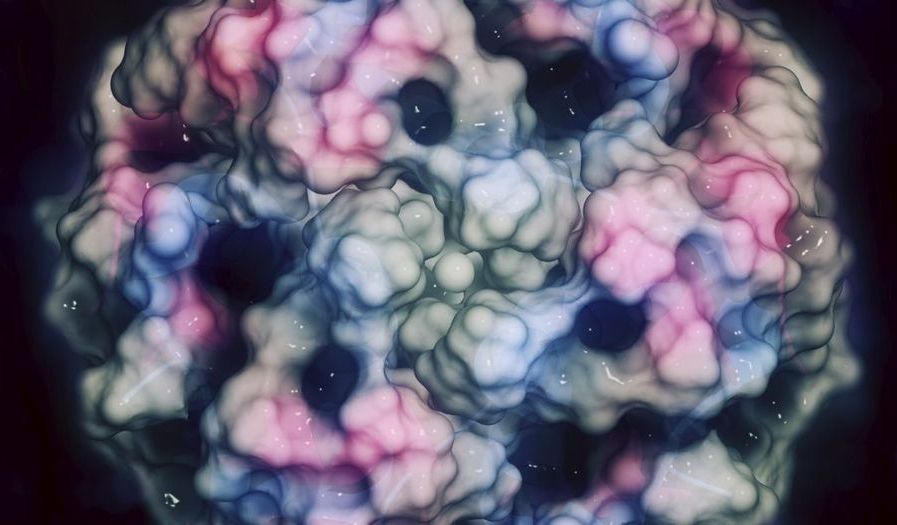Page 9131
Feb 4, 2019
Peter Diamandis’ right hand man Sergey Young wants to reverse aging via his $100M Longevity Vision Fund
Posted by Edward Futurem in categories: biotech/medical, finance, life extension, Peter Diamandis
Great news!
Inspired by British billionaire Jim Mellon, chairman of anti-aging upstart biotech venture Juvenescence, Sergey Young unveiled a $100 million fund on Monday to catalyze the development of a comprehensive solution to counteract the damaging consequences of aging.
“I’ve never looked like my age…and with my name, I think it was predetermined that I was going to work in the space (of aging),” Young told Endpoints News. The 47-year-old considers himself a product of Peter Diamandis — the man behind the non-profit XPRIZE and venture capital fund BOLD Capital Partners — and is in charge of all things longevity at both organizations.
Feb 4, 2019
Perhaps the most terrifying space photograph around
Posted by Michael Lance in category: space
Astronaut Bruce McCandless floats untethered away from the safety of the space shuttle, with nothing but his Manned Manoeuvring Unit keeping him alive. The first person in the history to do so.
Feb 4, 2019
The DIY designer baby project funded with Bitcoin
Posted by Klaus Baldauf in categories: bioengineering, bitcoin, cryptocurrencies
Feb 4, 2019
Longevity Investor Network Member Spotlight – Sebastian Aguiar
Posted by Nicola Bagalà in categories: biotech/medical, finance, life extension
Longevity Investor Network member Sebastian Aguiar discusses the rejuvenation biotechnology industry and bridging the gap between research and development.
 Sebastian Aguiar is a Venture Fellow at Apollo Ventures, an aging-focused venture capital fund and company builder that invests across Europe and the United States. He can be found at https://www.linkedin.com/in/sebastianaguiar/ and https://twitter.com/sebastian_gero.
Sebastian Aguiar is a Venture Fellow at Apollo Ventures, an aging-focused venture capital fund and company builder that invests across Europe and the United States. He can be found at https://www.linkedin.com/in/sebastianaguiar/ and https://twitter.com/sebastian_gero.
What initially attracted you to aging as a general discipline?
Continue reading “Longevity Investor Network Member Spotlight – Sebastian Aguiar” »
Feb 4, 2019
Visualizing the World’s Top Plastic Emitting Rivers
Posted by Steve Nichols in category: materials
https://paper.li/e-1437691924#/
Every year, 8 million metric tons of plastic enters the world’s oceans – much of it through our river systems. See which rivers are polluting the most.
Feb 3, 2019
Transparent Solar Panels Will Turn Windows Into Green Energy Collectors
Posted by Victoria Generao in categories: solar power, sustainability
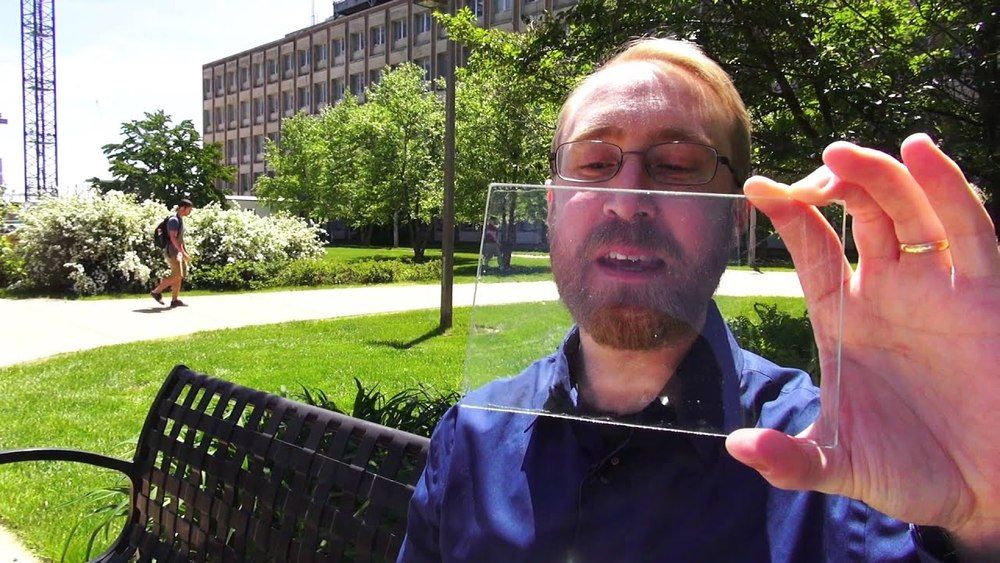
A team of researchers from Michigan State University managed to develop a fully transparent solar panels – a breakthrough that could lead to countless applications in architecture, as well as other fields such as mobile electronics or the automotive industry. Previous attempts to create such a device have been made, but results were never satisfying enough, with low efficiency and poor material quality.
Feb 3, 2019
Houston We Have a Podcast returns with the final part of the Apollo 8 series
Posted by Michael Lance in categories: futurism, space travel
Vanessa Wyche, deputy director of the Johnson Space Center, leads a panel discussion with key players of the Apollo program to learn critical lessons that can be applied to NASA’s future human spaceflight missions to the Moon and Mars. https://www.nasa.gov/johnson/HWHAP/apollo-8-part-2
Feb 3, 2019
Plastics are being glued together in the ocean by bacteria, scientists find
Posted by Xavier Rosseel in categories: chemistry, food, particle physics
Researchers at Heriot-Watt University in Edinburgh used water collected from the Faroe-Shetland Channel and the Firth of Forth to set up their experiments. Plastics were added to the seawater and then incubated in conditions simulating the ocean’s surface. Within minutes, the minuscule pieces of plastic grouped together with bacteria, algae and other organic particles. The scientists are said to have been surprised to discover large masses of biopolymers formed the bulk of these plastic agglomerates. Team member Stephen Summers said: “This is a first step towards understanding how nanoplastics interact with natural biopolymers throughout the world’s oceans. ”This is very important, as it is at this small scale that much of the world’s biogeochemistry occurs. ”We found that the biopolymers envelope or engulf the nanoplastic particles, which caused the plastics to agglomerate into clumps. ”The nanoplastics, which are 100–200 times smaller than a bacterial cell, were actually incorporated into the agglomerates, which became visible to the naked eye in our lab experiments. ”The fact that these agglomerates become large enough to see raises concern, as they are likely to be seen as a food source by small marine animals.” We found that the biopolymers envelope or engulf the nanoplastic particles, which caused the plastics to agglomerate into clumps.
Researchers said micro and nano plastic particles mix with the bacteria secretions within minutes, forming clumps.

Continue reading “Plastics are being glued together in the ocean by bacteria, scientists find” »
Feb 3, 2019
Stem cell breakthrough could help cure type 1 diabetes
Posted by Genevieve Klien in categories: biotech/medical, innovation
Scientists have edged closer to treating type 1 diabetes by turning human stem cells into insulin-generating mature cells.


